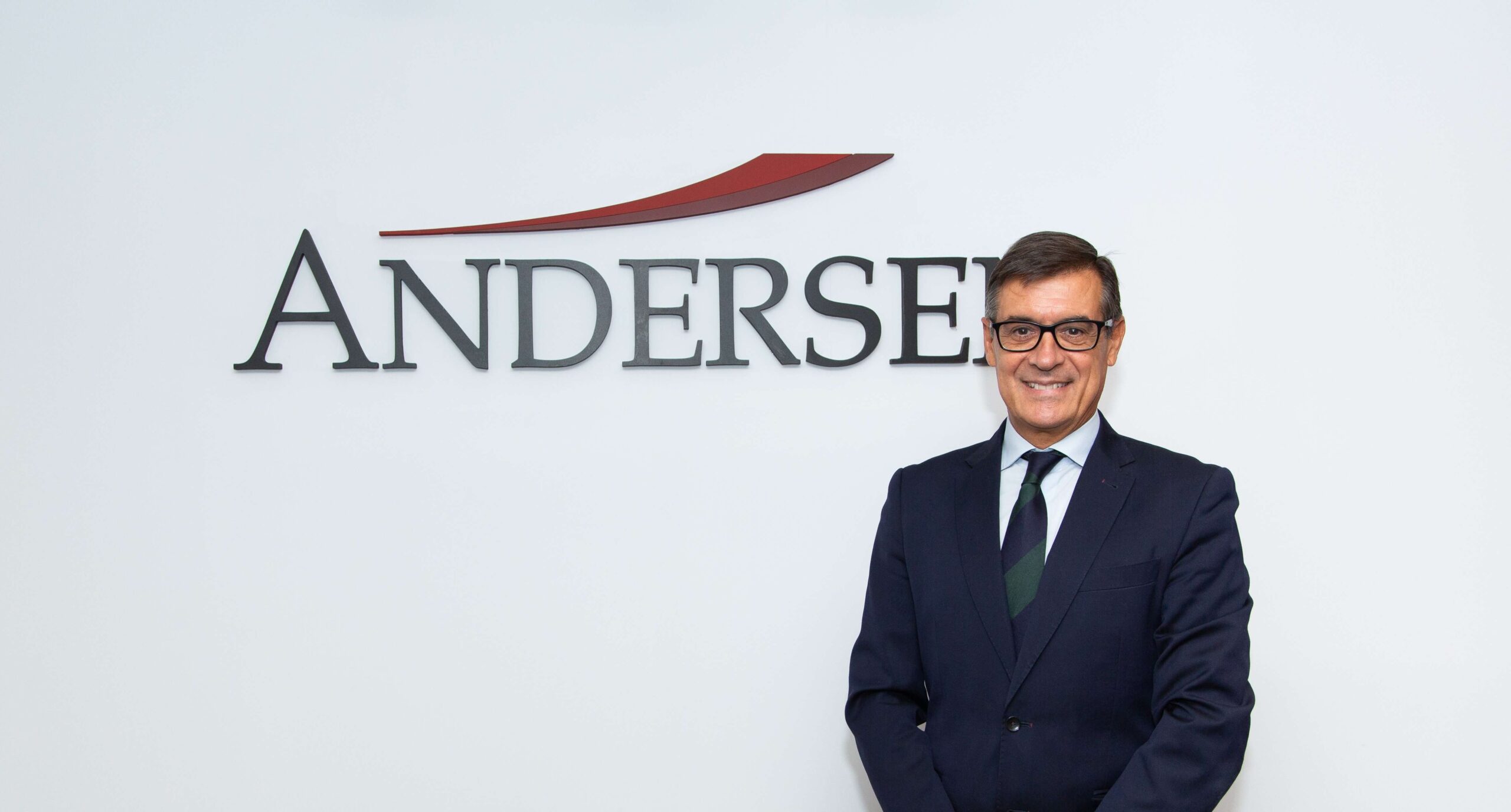"I had a farm in Africa." These six words begin the legendary novel later popularized on the big screen under the nameOut of Africa, a book that recounts 17 years on a coffee plantation, set in the twilight years of the British Victorian Empire. The film left us with unforgettable scenes full of bucolic landscapes, vast desert expanses, and two outstanding performances by Meryl Streep and Robert Redford, perhaps in one of the most brilliant roles of both actors' careers.
Who hasn't dreamed of starting astartup as if they were on this peculiar farm? That is, with vast, almost untouched land ahead, no competition other than their own skills, and knowing (or imagining) that all they have to do to succeed is conquer a market. Well, those dreams are at the root of many of today's business failures: if the ocean is as blue as it seems, it may be that the product doesn't have much of a market; if there are no sharks lurking in your sea, ask yourself if it's because they know there's nothing to sink their teeth into, and not just because you've been smarter, more original, bolder, and faster than anyone else.
This week, on the blog of one of the most powerful comprehensive marketing tools on the market (Hubspot), we found an incisive (because of the sharks) reflection on competitive intelligence understood as a market advantage, which points precisely to that well-worn mistake made by some entrepreneurs of our time."Markets without competitors are rare: if a product is worth making, the market surrounding it will not remain empty for long. If it does, the product is probably not worth making."
When we talk about thinking about competitors, sinning by excess can be as harmful as sinning by default. In the first case, Justin Lee (author of the post and head of GrowthBot at the company) gives us the example of Coca-Cola and Pepsi-Cola: they were so focused on competing with each other that they were unable or failed to see the emergence of a brand like Red Bull, which today surpasses them both in terms of popularity as a soft drink. In the second case, he draws on a personal experience of getting lost in a snowy mountain: if you don't have a market... what good is it to be alone?
Between these two extremes, the right option is to learn to evaluate competitors fairly for their greatest value: the information they provide. This is the way to see them as resources, rather than as a "nuisance," and also to ward off the danger that Joel Gascoigne, CEO of Buffer (a popular social media management tool), defines as: "The real problem startups have is that most people don't know about them." Competition, Lee continues, can help illuminate the market, which is sometimes more useful than if you were alone, and he provides more examples: "Would Nike still be the king of sportswear without Adidas hot on its heels? What would Steve Jobs' legacy be without Bill Gates? Would the Salesforce boom be as big a deal if it weren't driven by Oracle?"
Peripheral vision to leverage competitive intelligence and turn it into a market advantage involves three "basic" steps, but ones that are often not used properly: collecting data, analyzing it, and interpreting the results. This is something that programming (which is precisely what companies like Hubspot do for a living) can make more effective and optimized. But beyond the (inevitable and legitimate) "commercial" message of the post, let's look at what it is proposing as a still disruptive economic scenario: competition stimulates, induces, and even serves as an environment for growth. This is the leap that more and more companies are making from a scenario of pure competition to one of "coopetition": two or more companies that operate in the same market but are able to complement each other to get more out of it than if they operated separately.
This highly recommended read concludes with some considerations that we cannot resist quoting and making our own: "It is not about an unhealthy obsession with our competitors. But neither is it about excluding those around us to create the illusion of an empty landscape. It is about curiosity, open-mindedness, and a willingness to learn from others. And with the help of today's artificial intelligence, competitive intelligence can become a competitive advantage."









